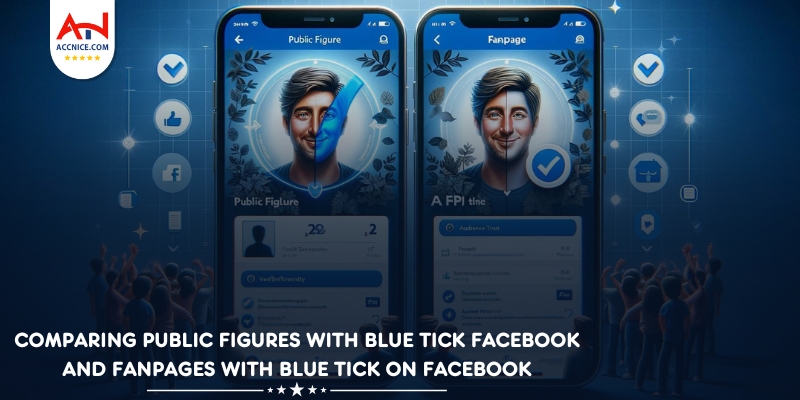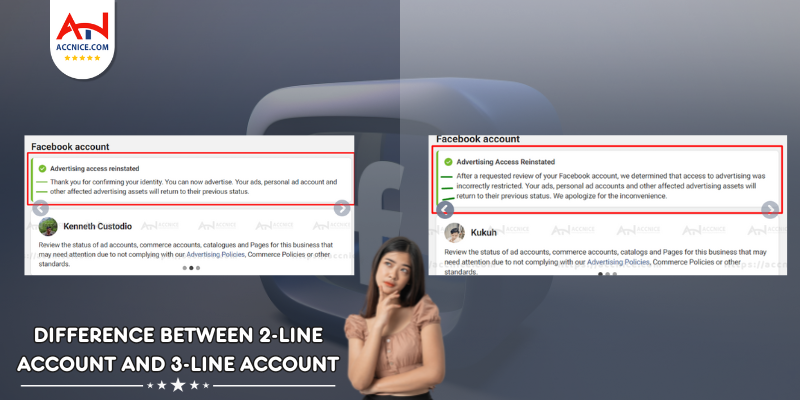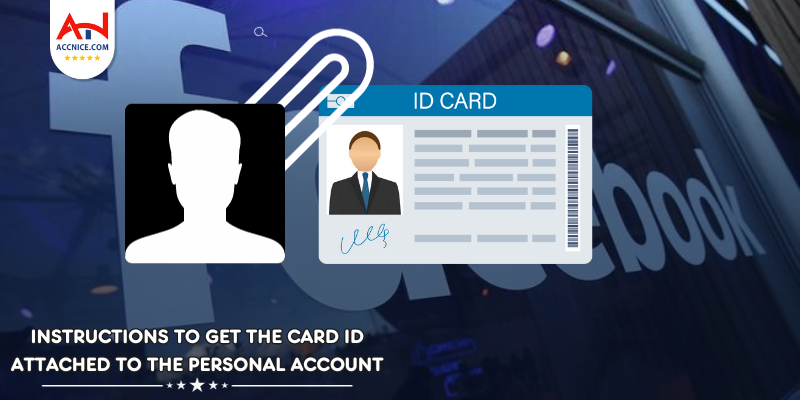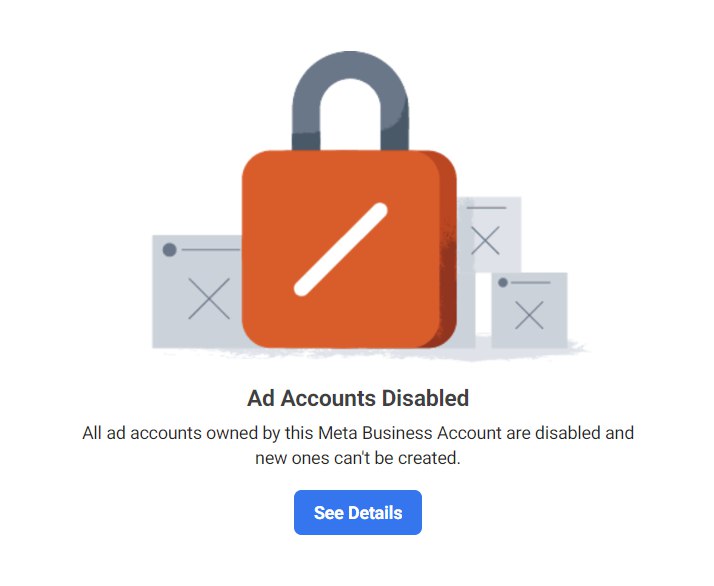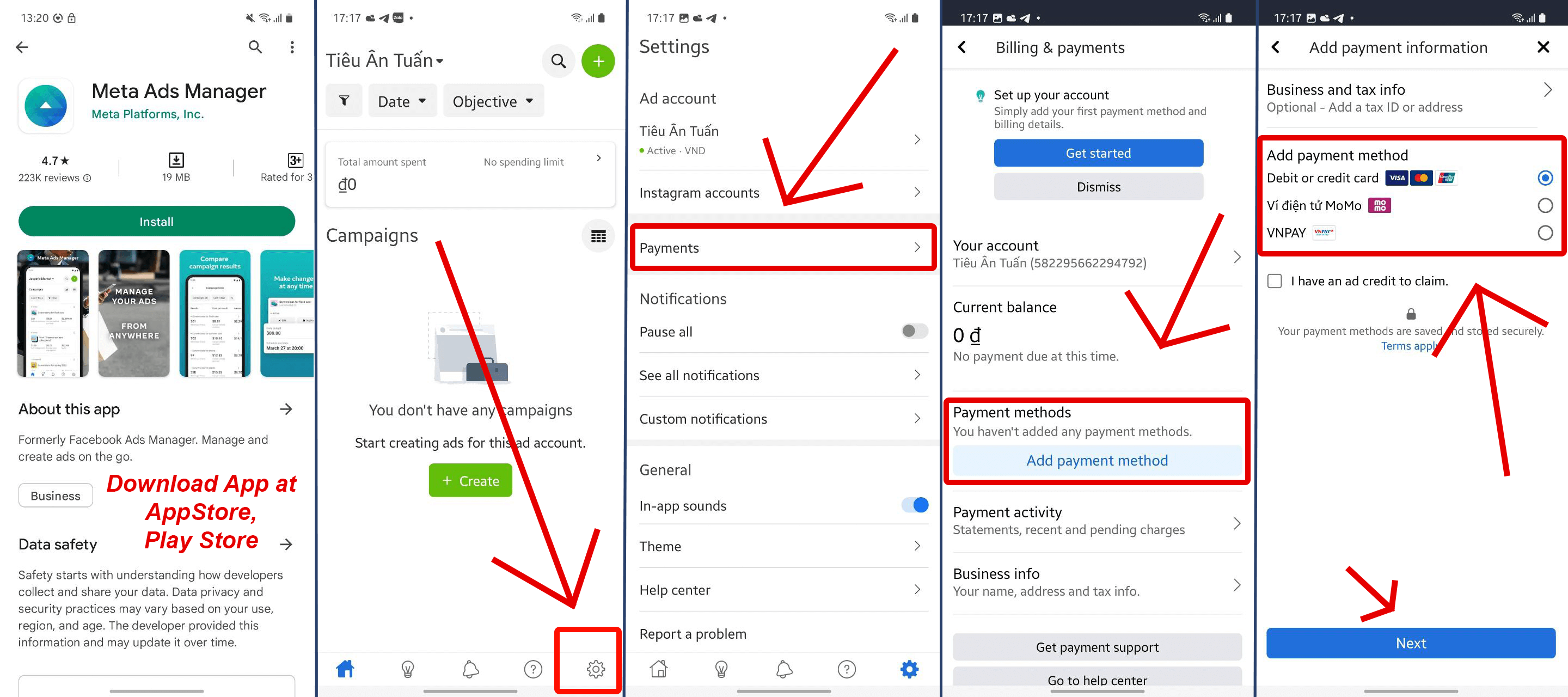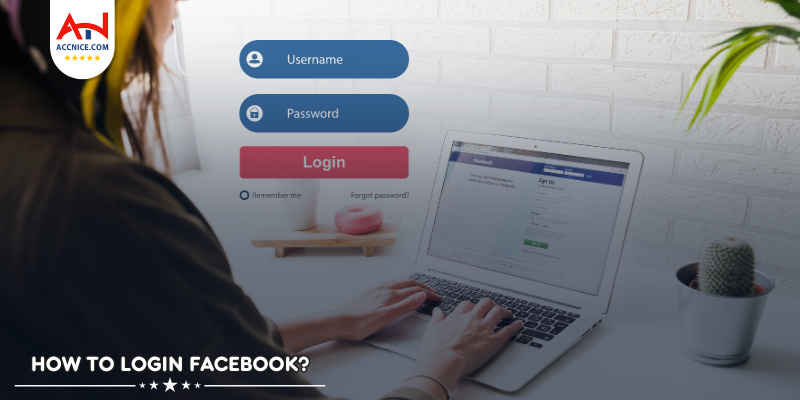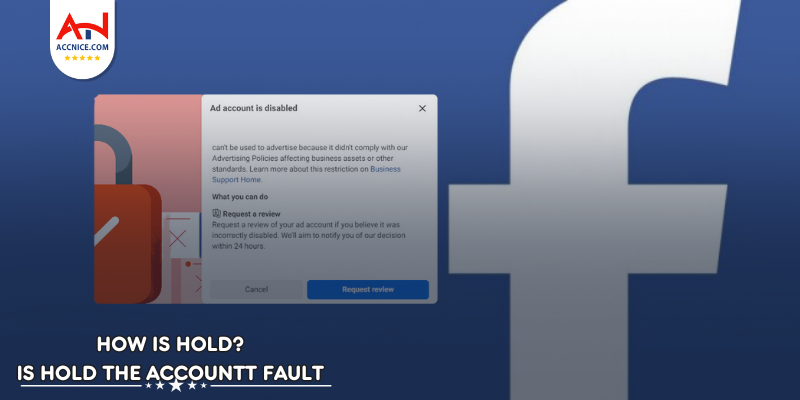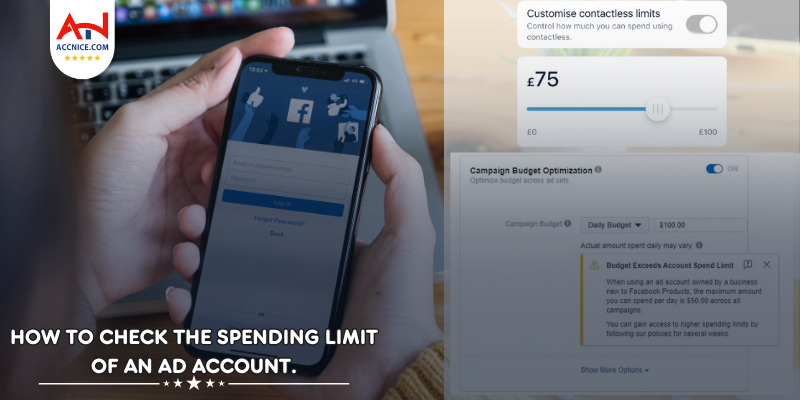Advanced Analytics for Pages: Enhancing Business Insights
122 vỉew
Writing date: 2024-06-06 14:53:16

Business pages on Facebook now have access to advanced analytics tools that offer deeper insights into audience behavior, engagement metrics, and content performance. These tools help businesses refine their strategies and improve their marketing efforts.
In the digital age, data is a crucial asset for businesses aiming to understand their audience and optimize their marketing strategies. Recognizing this need, Facebook has introduced advanced analytics tools for business pages. These tools provide detailed insights into various aspects of audience engagement and content performance, enabling businesses to make data-driven decisions.
Understanding Advanced Analytics

Advanced analytics on Facebook provide businesses with powerful tools to understand their audience, measure engagement, and optimize content strategies. These insights are essential for making data-driven decisions that enhance marketing effectiveness and drive better business outcomes.
Audience Behavior Insights
One of the key features of Facebook's advanced analytics is the ability to track audience behavior. This capability allows businesses to delve into detailed demographic information about their followers, including:
- Age: Understanding the age distribution of the audience helps tailor content to different age groups.
- Gender: Insights into the gender makeup of followers can guide the creation of more relevant and appealing content.
- Location: Knowing where the audience is located allows businesses to localize content and offers, catering to regional preferences and trends.
- Interests: Identifying the interests of the audience helps in crafting content that aligns with their passions and hobbies, increasing engagement and loyalty.
By leveraging these insights, businesses can create targeted content that resonates with specific segments of their audience, ensuring more effective and personalized marketing strategies.
Engagement Metrics
Advanced analytics tools provide comprehensive engagement metrics that go beyond basic likes and shares. These include:
- Likes, Comments, Shares, and Reactions: These basic metrics help gauge the immediate response to content.
- Click-Through Rates (CTR): Measuring the percentage of people who click on links within posts helps assess the effectiveness of calls-to-action.
- Time Spent on Posts: Understanding how long users engage with content indicates its relevance and appeal.
- Video Metrics: For video content, metrics such as views, average watch time, and completion rates provide insights into viewer engagement and retention.
By analyzing these metrics, businesses can understand how users interact with their content, identify successful elements, and pinpoint areas needing improvement.
Content Performance Analysis
Another significant feature of advanced analytics is the ability to analyze content performance across different types of posts. This includes:
- Videos: Metrics such as views, watch time, and engagement help assess the impact of video content.
- Photos: Engagement metrics for photo posts can indicate visual appeal and effectiveness.
- Links: Click-through rates and engagement on link posts help understand the effectiveness of shared articles and external content.
- Text Posts: Analyzing engagement on text-based posts helps refine messaging and communication strategies.
These insights are crucial for refining content strategies to maximize reach and engagement. By understanding which types of posts generate the most engagement and which ones fall short, businesses can continuously improve their content to better meet audience expectations.
Advanced analytics on Facebook equip businesses with the tools needed to deeply understand their audience, measure engagement, and optimize content strategies. By tracking audience behavior, analyzing engagement metrics, and assessing content performance, businesses can make data-driven decisions that enhance their marketing efforts. These insights are essential for creating targeted content, improving user engagement, and achieving better business outcomes.
Benefits of Advanced Analytics

Advanced analytics offer numerous advantages for businesses looking to optimize their marketing efforts and improve overall performance. These benefits include the ability to refine marketing strategies, enhance audience targeting, and measure ROI more effectively.
Improved Marketing Strategies
With access to detailed analytics, businesses can significantly refine their marketing strategies. Key advantages include:
- Understanding Content Effectiveness: By analyzing which types of content (videos, photos, text posts) perform best, businesses can focus on creating more of what resonates with their audience.
- Message Optimization: Insights into which messages generate the most engagement help businesses craft more effective and compelling communication.
- Resource Allocation: A data-driven approach ensures that marketing resources are used efficiently, focusing efforts on strategies that yield the best results.
This ensures that every aspect of the marketing strategy is fine-tuned to maximize impact and engagement.
Enhanced Audience Targeting
Advanced analytics enable businesses to enhance their audience targeting capabilities by:
- Creating Precise Segments: Detailed demographic and behavioral data allow for the creation of more specific audience segments. Businesses can segment their audience based on factors such as age, gender, location, interests, and past interactions.
- Personalized Campaigns: Tailoring marketing campaigns to these specific segments increases relevance and effectiveness. Personalized messages are more likely to resonate with the audience, leading to higher engagement and conversion rates.
- Timing and Delivery: Insights into when different segments are most active help businesses deliver messages at optimal times, increasing the likelihood of engagement.
This precision in targeting ensures that marketing efforts reach the right people with the right message, enhancing overall campaign effectiveness.
Better ROI Measurement
Advanced analytics tools provide businesses with the capability to measure their return on investment (ROI) more accurately. Benefits include:
- Performance Tracking: Detailed performance metrics, such as click-through rates, conversion rates, and customer lifetime value, offer clear insights into which campaigns are delivering the best results.
- Budget Allocation: With a better understanding of what works, businesses can allocate their budget more effectively. Investing in high-performing strategies and adjusting or discontinuing underperforming ones ensures optimal use of marketing funds.
- Continuous Improvement: Ongoing analysis of campaign performance allows businesses to continuously refine their strategies, improving results over time and ensuring sustained ROI growth.
By leveraging these insights, businesses can make informed decisions that enhance their marketing efficiency and effectiveness.
The benefits of advanced analytics for businesses are profound. By improving marketing strategies, enhancing audience targeting, and enabling better ROI measurement, advanced analytics empower businesses to make data-driven decisions that optimize their marketing efforts. This not only ensures the efficient use of resources but also leads to more personalized and impactful marketing campaigns, driving better business outcomes and sustained growth.
Key Features of Facebook's Advanced Analytics
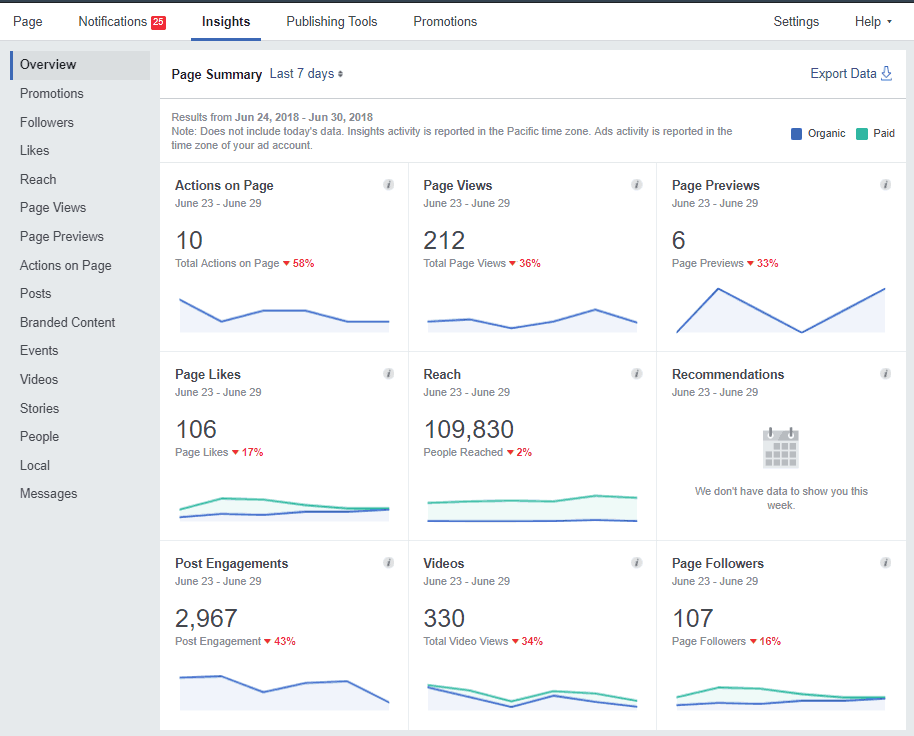
Facebook's advanced analytics tools come with a suite of powerful features designed to help businesses gain deeper insights into their marketing efforts. These key features include real-time data, customizable reports, and comparative analysis capabilities.
Real-Time Data
One of the most significant features of Facebook's advanced analytics is the provision of real-time data. This includes:
- Instant Feedback: Businesses can monitor the performance of their posts and campaigns as they happen, providing immediate feedback on what’s working and what’s not.
- Quick Adjustments: With real-time insights, businesses can make prompt adjustments to their strategies, such as tweaking ad targeting, modifying content, or reallocating budget to higher-performing campaigns.
- Trend Responsiveness: Real-time data allows businesses to respond quickly to emerging trends and audience behavior, capitalizing on opportunities as they arise.
This immediacy is crucial for staying agile in the fast-paced digital marketing landscape.
Customizable Reports
Facebook's analytics tools also offer customizable reports, providing several benefits:
- Tailored Insights: Businesses can create reports that focus on the metrics most relevant to their specific goals and objectives, whether it’s engagement, conversion rates, or ad spend efficiency.
- Ease of Analysis: Customizable reports make it easier to analyze data by presenting it in a format that’s most useful for decision-making.
- Stakeholder Communication: Tailored reports facilitate better communication with stakeholders by providing clear and relevant insights that are easy to understand.
This customization helps businesses stay focused on the most important metrics and ensures that all team members are aligned with the company's goals.
Comparative Analysis
The comparative analysis features of Facebook’s advanced analytics are particularly valuable for strategic refinement:
- Performance Comparison: Businesses can compare the performance of different campaigns, posts, or time periods to identify what works best.
- Trend Identification: Comparative analysis helps in spotting trends and patterns over time, providing insights into seasonal impacts or long-term changes in audience behavior.
- Strategy Optimization: By understanding which strategies perform better under different conditions, businesses can refine their approaches for future campaigns.
This feature enables businesses to learn from past experiences and continually improve their marketing efforts.
Facebook's advanced analytics tools are equipped with features that provide businesses with deep and actionable insights. Real-time data allows for immediate feedback and quick adjustments, ensuring that businesses can stay responsive to trends. Customizable reports make it easy to focus on relevant metrics and communicate insights effectively. Comparative analysis helps in identifying trends and optimizing strategies for better performance. Together, these features empower businesses to make data-driven decisions, enhancing their marketing effectiveness and driving better results.
How to Utilize Advanced Analytics

Facebook's advanced analytics tools offer a wealth of data that businesses can leverage to enhance their marketing efforts. To make the most of these tools, businesses should follow a structured approach involving setting clear goals, regularly reviewing data, and experimenting and optimizing based on insights.
Set Clear Goals
The first step in utilizing advanced analytics effectively is to set clear and measurable goals. Defined objectives help in focusing the analysis on the most relevant metrics and outcomes.
- Identify Objectives: Determine what you want to achieve with your Facebook marketing efforts. Common goals include increasing engagement, driving website traffic, boosting sales, or enhancing brand awareness.
- SMART Goals: Ensure that your goals are Specific, Measurable, Achievable, Relevant, and Time-bound (SMART). This clarity helps in tracking progress and assessing success accurately.
Having clear goals directs the use of analytics tools towards meaningful insights that align with your business objectives.
Regularly Review Data
Consistent monitoring and review of analytics data are essential to stay on top of performance and make timely adjustments.
- Scheduled Reviews: Establish a routine for reviewing your analytics, whether it’s daily, weekly, or monthly. Regular check-ins help in spotting trends early and responding to changes in audience behavior.
- Dashboard Customization: Customize your analytics dashboard to display the most critical metrics relevant to your goals. This makes it easier to focus on the data that matters most.
- Trend Analysis: Look for patterns in your data over time. Identify what works well and what doesn’t, and understand the factors that contribute to these outcomes.
Regular data reviews ensure that your marketing strategies are always aligned with current audience preferences and behaviors.
Experiment and Optimize
Using analytics to experiment and optimize can lead to continuous improvement in your marketing strategies.
- A/B Testing: Conduct A/B tests to compare different versions of content, ads, or strategies. Analyze the performance of each variant to identify the most effective approaches.
- Iterative Improvements: Use insights from your experiments to make incremental changes. Small, data-driven adjustments can lead to significant improvements over time.
- Feedback Loop: Create a feedback loop where you continuously test new ideas, analyze results, and implement successful tactics. This iterative process ensures that your strategies evolve with your audience's needs.
Experimentation and optimization are key to leveraging analytics for sustained marketing success.
Conclusion
Advanced analytics tools on Facebook provide businesses with critical insights needed to refine their marketing strategies and achieve better outcomes. By setting clear goals, regularly reviewing data, and continually experimenting and optimizing, businesses can make informed, data-driven decisions that enhance their effectiveness and ROI. These tools are indispensable for staying competitive in the digital landscape, enabling businesses to understand their audience better and tailor their strategies for success.
For more insights and updates on effective social media strategies, make sure to follow Accnice and our tutorial blog, where we share the latest and most effective content marketing tips.



